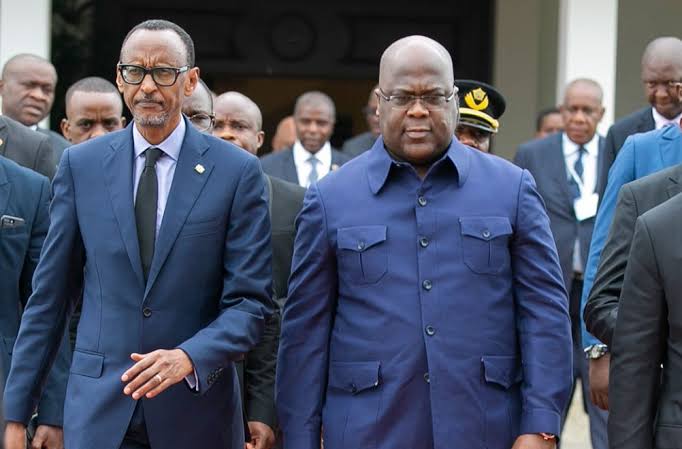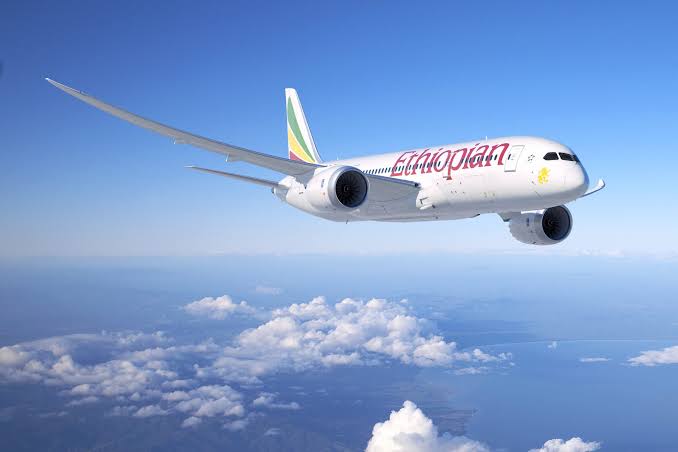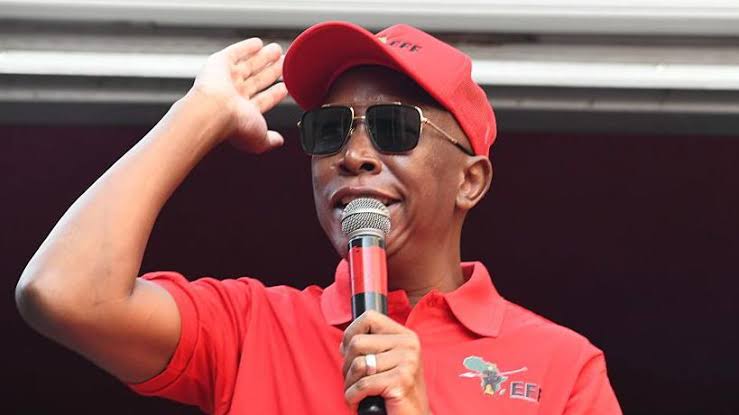
Faith Nyasuguta
In a landmark diplomatic breakthrough, the Democratic Republic of Congo (DRC) and Rwanda are set to sign a long-awaited peace agreement on June 27 in Washington, D.C. The announcement, made in a joint press release with the U.S. State Department, marks the most significant attempt in years to end the brutal conflict that has ravaged eastern Congo and destabilized the wider Great Lakes region.
The agreement comes amid heightened international pressure and months of negotiations, led in part by U.S. mediation and supported by previous peace initiatives from Angola and Qatar. According to U.N. experts and Congolese officials, the fighting escalated dramatically in early 2025 when the M23 rebel group – allegedly backed by over 4,000 Rwandan troops – captured the strategic city of Goma in January, followed by Bukavu in February.
Although Rwanda has denied providing direct support to the rebels, multiple intelligence assessments and independent investigations have found credible evidence of their involvement.

The draft agreement includes critical provisions aimed at ending the hostilities. These include mutual respect for territorial integrity, a cessation of military operations, and the withdrawal of Rwandan troops and weapons from eastern DRC. It also outlines a framework for the disarmament, demobilization, and conditional integration of non-state armed groups, such as the M23. Both governments have also committed to forming a joint security coordination mechanism and facilitating the safe return of internally displaced people and refugees.
The conflict in eastern Congo is one of the world’s most complex and long-running humanitarian crises, with over 7 million people displaced and more than 100 armed groups operating in the mineral-rich region. These groups continue to fight over valuable resources like cobalt, gold, and coltan, which are essential for global tech and energy markets.
The U.S. has a vested interest in the peace process, not only to stabilize the region but also to secure critical mineral supply chains and counter growing Chinese influence in African resource sectors.

Despite optimism surrounding the June 27 signing, observers remain cautious. Previous peace talks have failed, and rebel leaders like Corneille Nangaa of the Congo River Alliance have dismissed international sanctions and U.S- brokered mineral deals as insufficient. Nevertheless, if implemented in full, this deal could be a turning point – offering a fragile but real chance for peace.
RELATED:








